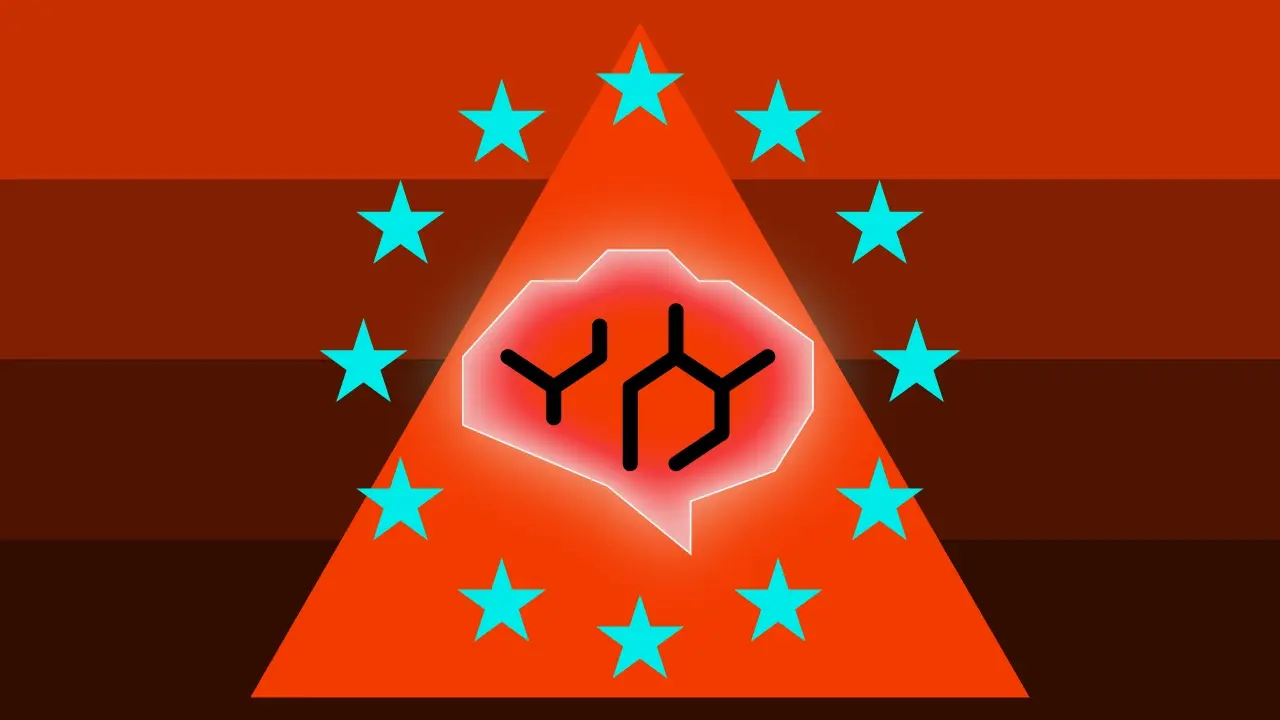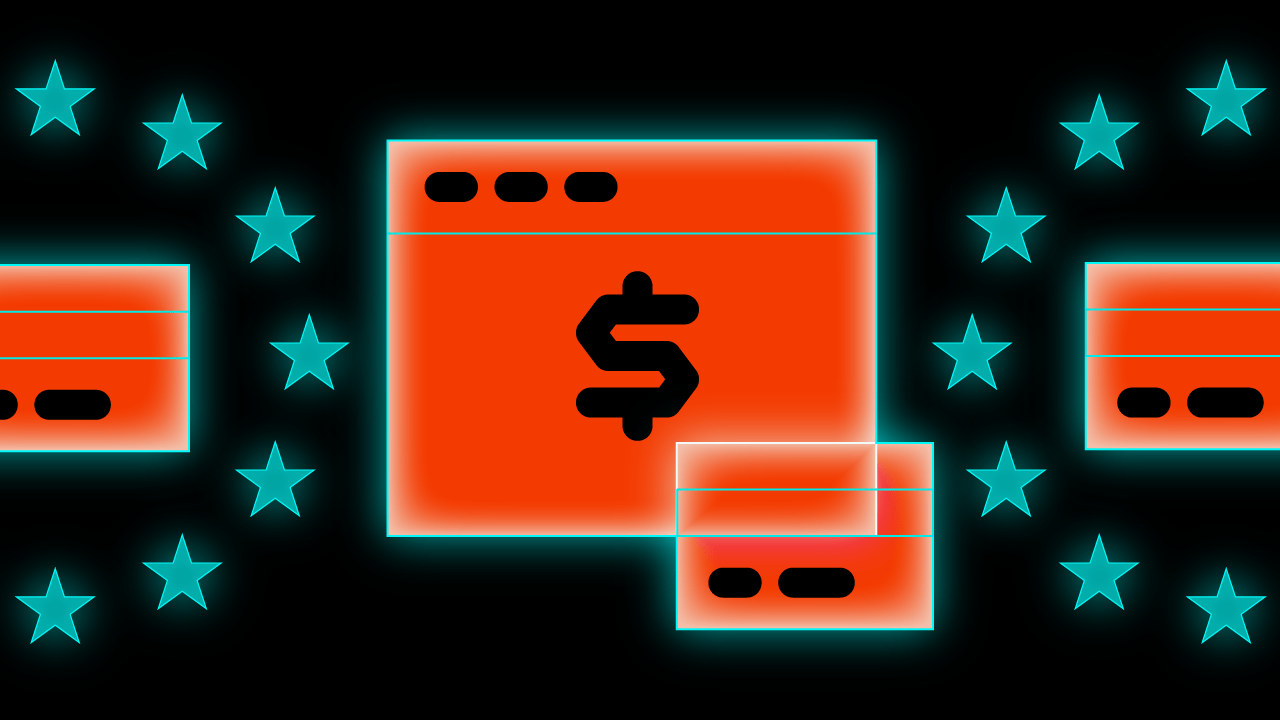Work-life balance at Speednet


Work-life balance struggle
It is said that the origins of the concept and definition of work-life balance can be traced back to the late 1970s. The economic environment was much different, but even then, “baby boomers” were striving to balance careers, family and other areas of their lives. Today, the changing work culture, industry environment and remote or hybrid work trends are driving this topic even further by placing it in the HR priority and among the priorities for company strategy and vision.
With the rise of remote work and the proliferation of digital devices, many professionals need help to balance their work responsibilities and personal lives. High risk of burnout, anxiety and depression, and suffering from fatigue or stress-related health issues are the main reasons why taking care and talking about that aspect is essential. In the IT industry, where work is most often billed hourly, and employers give a lot of leeway on the form of work – it’s becoming increasingly difficult for us to maintain the “9 to 5” work model and simply forget about work after work.
At Speednet, we recognize the importance of work-life balance and have taken steps to support our employees over the years.
Open communication & empathy
What really creates a stress-free atmosphere at work? Benefits, fruits in the kitchen, bonuses, a top-notch office with a chillout room? Perhaps for some, but in most cases, this whole package of “extras” will not save the situation if the atmosphere and project management style badly affect our well-being. There are different projects and clients, some more demanding regarding technology and some challenging in project management.
Therefore, we know how important it is for the project and atmosphere to choose the right person for a managerial position. We have always made every effort to ensure that the managers that we hire, in addition to project management hard skills and a rich portfolio of project management, are characterized by high empathy and excellent communication skills.
The HR team, no matter how hard they try, will never have a better relationship and broader knowledge about the skills, job satisfaction or mental state of an employee with whom they do not work directly every day. For this reason, most of the periodic talks are conducted by our project managers. They are the ones who encourage our employees to take breaks and prioritise self-care. This includes taking time off when needed, going for a walk during the day, or simply disconnecting from work emails and messaging outside work hours. It is also in the role of a project manager to be attentive and notice the falling well-being of people in the team, identify problems and help solve them.
We know that problems can be solved before they grow to the size of a vast iceberg – the thing is, you need to know about them.
If something causes discomfort to our employees in their daily work, they do not necessarily want to talk about it with their project manager. Our HR department runs a small “crisis centre”. Twice a year, we conduct a detailed job satisfaction survey. We refer to all open comments in the survey in the summary. In addition, for several years, we have had an anonymous “Feedback Box” where you can post your opinions, suggestions or complaints about some issues – we respond to these on an ongoing basis in the company’s newsletter.
We highly value the honesty of our employees. Each constructive conversation or criticism is a chance for us to develop.
After work vibes
Until the end of 2018, our entire team worked mainly from the office. There is no denying that the pandemic significantly impacted the changes we decided to undertake. Even now, when the topics related to Covid-19 no longer cause so much excitement, fear, and anxiety, we have decided to change our cooperation model, giving employees freedom of choice of form of work. Our employees can work from home or the office, depending on their individual needs and preferences. This flexibility – visibly increases employee productivity and happiness. Still, in this era of change, we can admit that our employees don’t know each other “as well” as they did in the smaller, stationary team. However, there’s no need to quibble that “it used to be”. Time brings change – it’s different but is it better or worse? It all depends on a broader context. Nevertheless, we are invariably keen on creating opportunities where our employees (often from different corners of Poland) can get to know each other and integrate.
We won’t say too much if we state that something is always going under our roof! We run initiatives that combine different interests and preferred leisure models. Participation is optional, but we are glad there is no shortage of those willing to participate.
We organize several “casual after-work beer & pizza parties”, aka “Beautiful Fridays”, a year, which we try to diversify into different activities. In addition to the standard entertainment in our corporate bar room, such as billiards, ping-pong and foosball, the parties feature karaoke, the occasional challenges, or, as in the case of Halloween, a dress-up contest.
We also support hobby groups such as company board games meetings, rehearsals of the company music band, sports groups (such as the company volleyball team), cycling competitions, orienteering activities, or groups related to eSports (e.g. F1 League).
Some may say this does not affect work-life balance because it is still stuck in the work environment after work. I beg to differ. Each of the situations we create is also an opportunity to talk through your problems and meet people from other projects. By getting to know someone personally, it is easier to ask for help in solving a technical problem in a project. It’s also an excellent opportunity for HR and EB teams and management to get to know their employees more than just at a professional level, which often broadens the perspective of one-to-one evaluation meetings.
Work-life balance is not just about time management but also about creating a positive and supportive work culture. We continuously encourage open and honest communication about project problems and mental health concerns.
Ultimately, supporting work-life balance is the responsibility of individual employees and the entire organisation. By creating a culture that values work-life balance and provides resources and support to employees, we can help our #TeamSpeednet members achieve greater satisfaction and success at work and in their personal lives.




